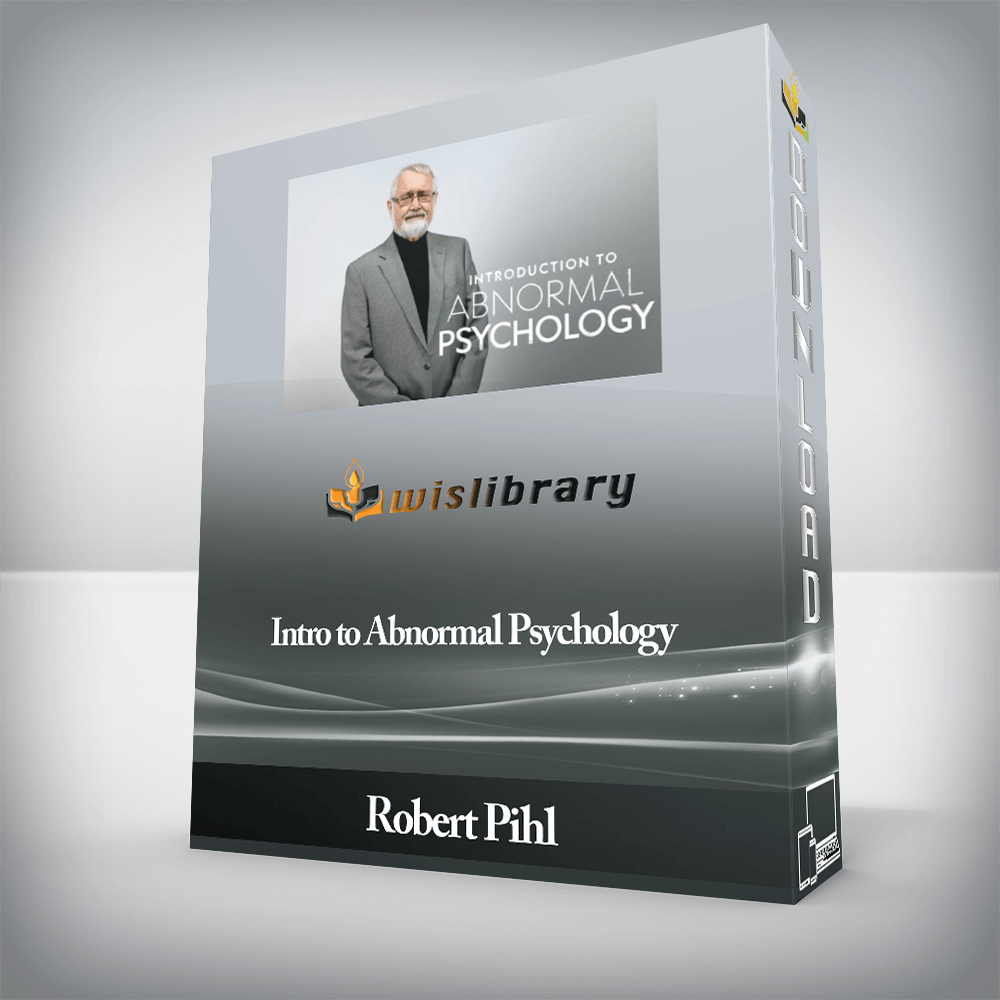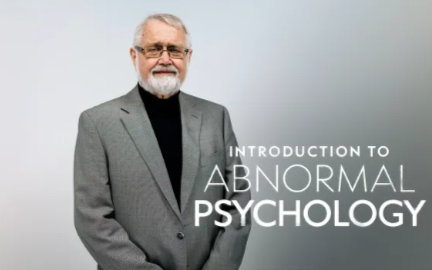

Psychologist
In Introduction to Abnormal Psychology, a seven-hour course, Dr. Pihl navigates the complex landscape of mental health, from foundational concepts and diagnostic frameworks to the biological and environmental influences on mental disorders. The course examines the development and limitations of classification systems such as the DSM, while addressing key issues in diagnosis, assessment, and treatment. We also consider the roles of genetics, neurotransmitters like dopamine, and environmental factors, concluding with emerging, multidimensional approaches to understanding and improving mental health.

In our introductory lecture, we begin our exploration of abnormal psychology, including psychopathology and mental illness, examining how these interrelated terms are defined and measured. The discussion covers the dramatic increase in diagnosed mental disorders over time, while highlighting critical issues in prevalence measurement, diagnostic criteria, and the societal impact of mental illness. Dr. Pihl also covers specific cases such as autism and ADHD to demonstrate how diagnostic trends, cultural factors, and bureaucratic systems influence mental health classifications and treatments.

In lecture two, we examine the prevalence and measurement of psychological abnormalities, including historical shifts from institutionalization to deinstitutionalization and current challenges in mental health care delivery. The discussion covers key epidemiological studies showing rising prevalence rates of mental disorders over time, with particular focus on comorbidity patterns and measurement challenges. The lecture concludes with an examination of the Rosenhan study and its implications for psychiatric diagnosis, highlighting the ongoing challenges in mental health classification and treatment approaches.

In lecture three, Dr. Pihl discusses various models and approaches to classifying and understanding psychopathology, focusing on the evolution and limitations of the Diagnostic and Statistical Manual of Mental Disorders (DSM). The lecture highlights the importance of reliability and validity in diagnosing mental disorders, the influence of the pharmaceutical industry on the development of the DSM, and the need for a more dimensional and neurobiologically-informed approach to classifying mental disorders, such as the Research Domain Criteria (RDoC) and the Hierarchical Taxonomy of Psychopathology (HiTOP).

In lecture four, we analyze the challenges in diagnosing abnormal behavior, discussing the strengths and limitations of various assessment methods, including interviews, rating scales, psychological tests, and biological measures. Dr. Pihl emphasizes the importance of a comprehensive, multiaxial approach to diagnosis and highlights the potential pitfalls of relying too heavily on any single assessment tool. Dr. Pihl also addresses the current emphasis on brain imaging technologies like MRI and fMRI, questioning whether these represent true breakthroughs or merely trending methodologies in psychological assessment.

In lecture five, Dr. Pihl explains the complex interplay between genetics, biochemistry, and environmental factors in understanding abnormal behavior and mental illness. The discussion covers various research methods including family pedigrees, twin studies, and genetic analysis, highlighting specific conditions like schizophrenia, Down syndrome, and ADHD. We also examine the role of neurotransmitters, particularly dopamine, in mental disorders and their treatment through pharmacological interventions.

In our sixth and final lecture, we learn about the role of dopamine in various disorders, particularly focusing on schizophrenia, drug abuse, and brain structure abnormalities. The discussion examines how dopamine affects addiction, stress responses, and brain function, while highlighting the importance of brain health factors including nutrition, exercise, and social connections. Our course concludes by addressing the challenges in understanding the etiology of mental illness, emphasizing the need for combined clinical, genetic, and biochemical approaches to diagnosis and treatment.
There are no reviews yet.
You must be <a href="https://wislibrary.net/my-account/">logged in</a> to post a review.